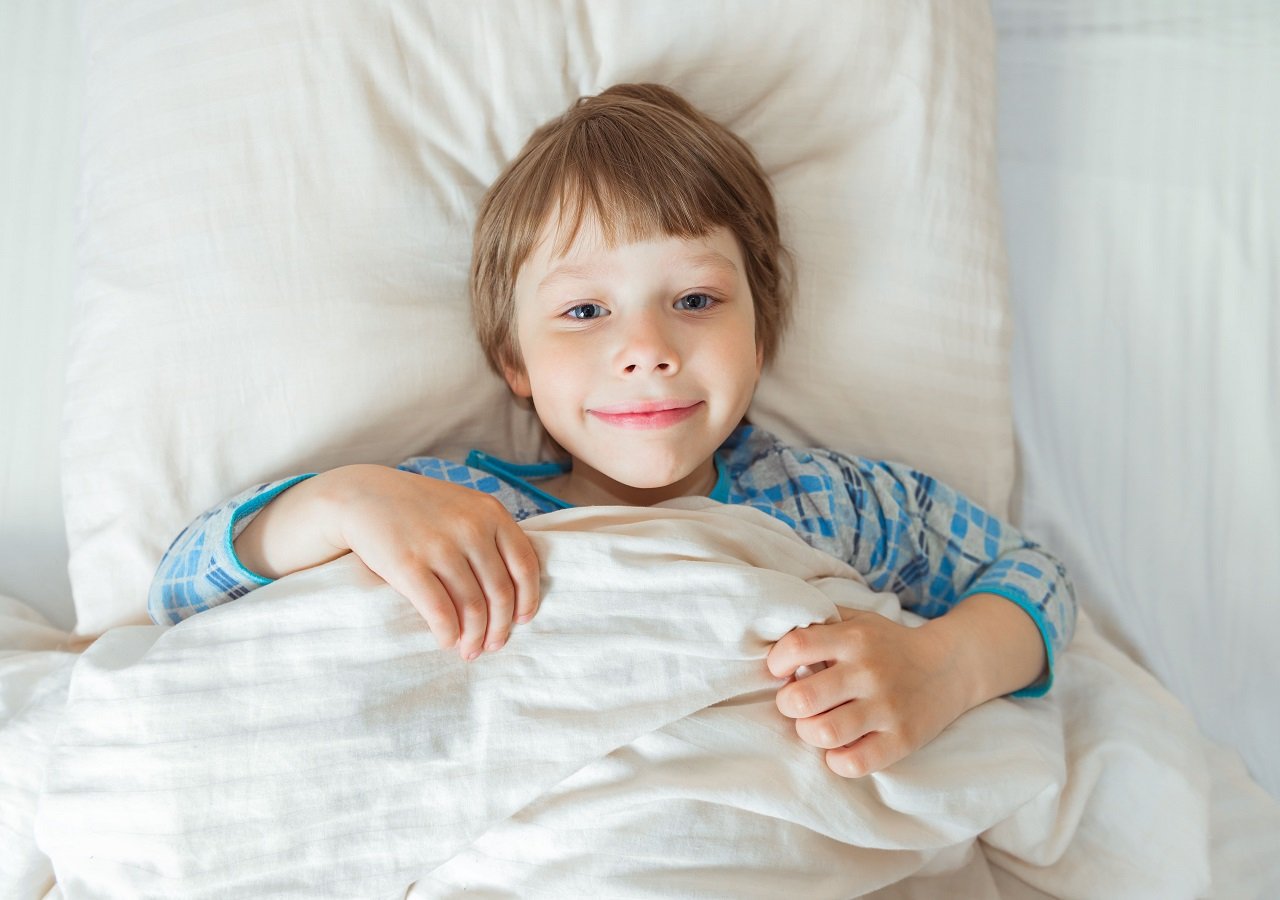Concept about Enuresis – This book covers the entire syllabus of “Psychiatric Nursing” prescribed by the Universities of Bangladesh- for Basic and diploma nursing students. We tried to accommodate the latest information and topics. This book is an examination-friendly setup according to the teachers’ lectures and examination questions.
At the end of the book previous university questions are given. We hope in touch with the book students’ knowledge will be upgraded and flourish. The unique way of presentation may make your reading of the book a pleasurable experience.

Concept about Enuresis
Enuresis:
Enuresis is the involuntary emptying of the bladder beyond the age when bladder control should have been established. Onset is usually between 3-8 years of age. It usually occurs at night, daytime enuresis is rare, Night time enuresis usually stops by 3-4 years of age and daytime enuresis by two & half years of age.
(Ref: MR Khan//333]
Two clinical types are recognized:
1. Primary (persistent) enuresis: The child has never been dry at night. It is usually the result of etratic bladder training either by parents who are overanxious for prompt control, or those who are not reasonably close to the child’s needs, or chronic psychological stress not related to bladder training.
2. Secondary (regressive) enuresis; It is characterized by initial control of bladder that later gets disrupted by stressful environmental events like marital conflict, death, arrival of a sibling of shifting to a new house.
Four types are recognized based on daytime symptores.
1. Type I: Monosymptomatic nocturnal enuresis.
2. Type II: Diurnal enuresis without daytime frequency,
3. Type III: Nocturnal enuresis with daytime frequency.
4. Type IV: Nocturnal diuresis with daytime frequency and voiding dysfunction.
[Ref: Suraj Gupta/11/49-501

Or
Types
1. Nocturnal only
2. Diurnal only
3. Nocturnal & diurnal.
(Ref: MR Khan//3331
Causes of enuresis:
1. Physiological factors play major role,
2. Normal bladder control, which is acquired gradually, is influenced by neuromuscular and cognitive development, social-emotional factors, toilet training and genetic factor. So difficulties in any areas lead to urinary incontinence.
3. Urinary tract infection (UTI).
4. CRF. (Chronic renal failure)
5. Diabetes mellitus.
6. Diabetes insipidus.
7. Psychosocial stress sometimes precipitates enuresis.
[Ref: MR Khan/4/333)

Treatment:
1. UTI, CRF, DM, DI etc. must be ruled out.
2. Night lifting & fluid restriction (especially after evening)
3. Parents should be told that enuresis is not a willful symptom and should be advised to be as evenhanded as possible..
4. Conditioning with a buzzer or alarm to wake the child at night may be helpful.
5. Imipramine (Tofranil) 25 mg at start, then increased at 2 weekly intervals upto a maximurn 75 mg at night for 2-3 months.
6. Correction of situational disturbances in the family.
7. Psychiatric intervention is occasionally needed,
8. The use of a star chart will often be effective not only in providing a baseline record, but also as a method of stopping the wetting…
(Ref: MR Khun4/333)
Read more:
